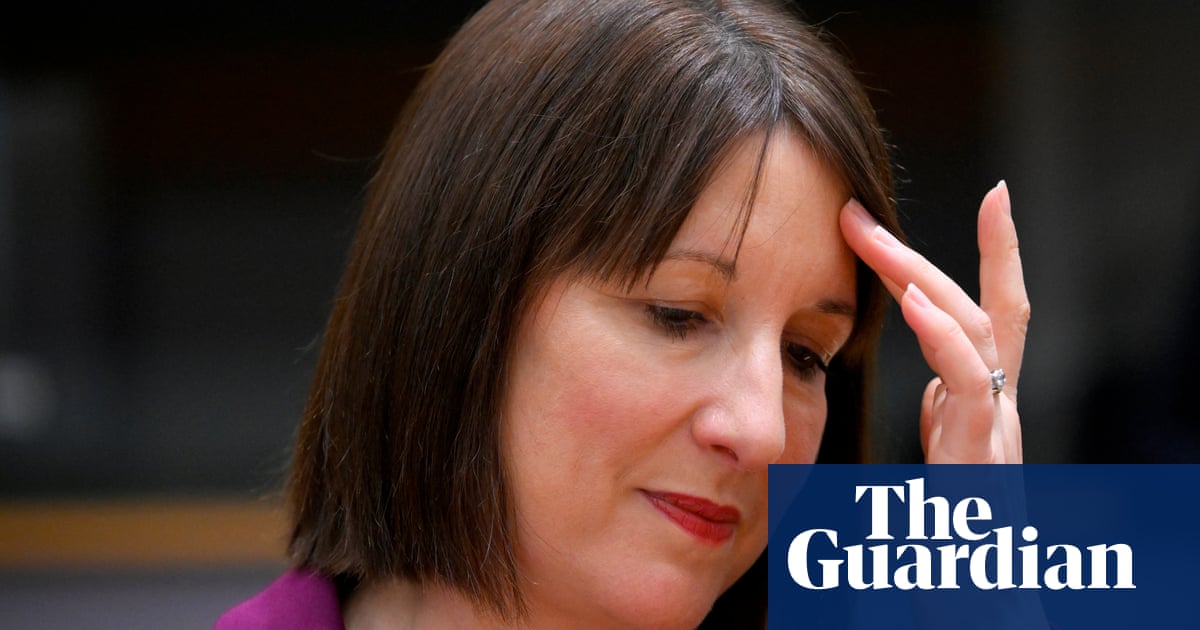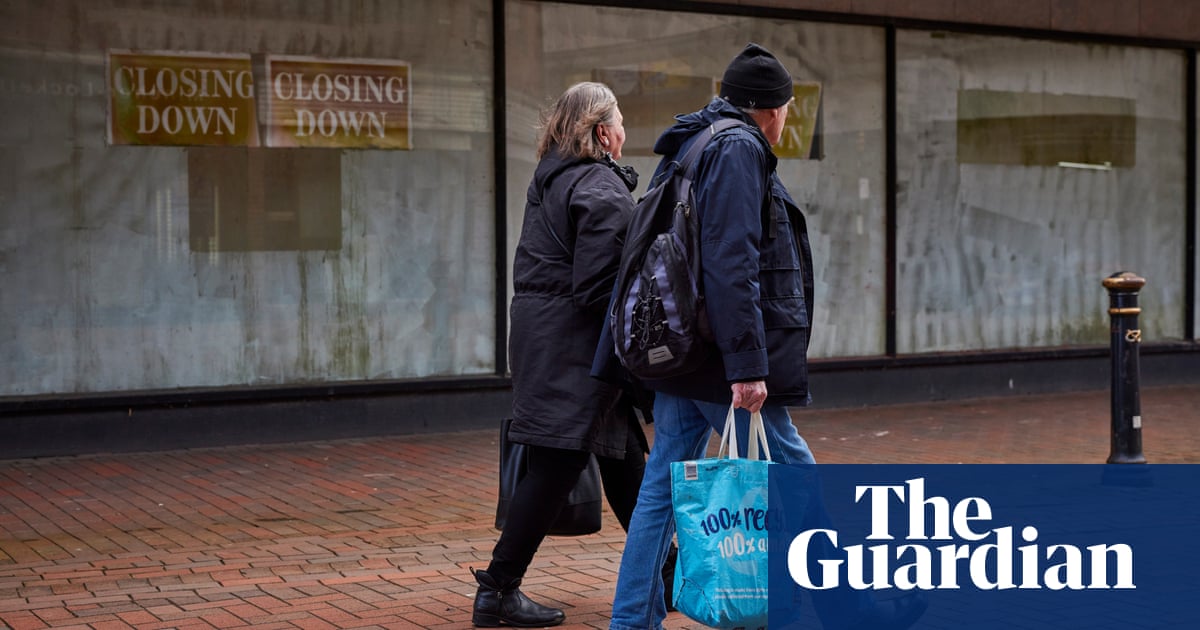UK consumers feeling more confident about finances, says NatWest boss

Consumer confidence is bouncing back in the UK, with people predicting a brighter financial future for the first time in two years, NatWest has said.
Paul Thwaite, the bank’s chief executive, said easing price pressures as inflation comes down seemed to be feeding through to the general public. Headline consumer price inflation is still above the Bank of England’s 2% target at 3.2% but has fallen sharply from a peak of 11.1% in October 2022. Natwest’s own economic forecast suggests inflation will fall to 2.5% by the end of this year.
“With inflation continuing to fall, and the Bank of England expected to start cutting rates later in the year, people and families are feeling more confident about their financial situation,” Thwaite said on Friday morning. “And for the first time since August 2021, more consumers expect their position to be better in 12 months’ time.”
That was based on internal and external surveys monitored by banking bosses, he added.
Thwaite said there was still “uncertainty” over the UK’s economic trajectory. However, in the absence of particularly dismal forecasts, the banking group was able to signal further confidence that most customers would be able to repay their loans on time.
NatWest said it had put aside £93m to protect itself from potential defaults by borrowers in the first quarter. That compares with £70m during the same period in 2022 but is far lower than the £191m analysts had predicted.
“Of course, there are many different views, and the actual trajectory may be different, especially given the considerable macro uncertainty in the UK and overseas. Despite this, customers remain resilient and impairments are low,” Thwaite said.
Lower-than-predicted loan loss forecasts, as well as a surprise rise in net interest margins – which measure the difference between what is charged for loans versus paid out to savers – to 2.05%, boosted NatWest shares.
Shares were up 4.6% on Friday to a 14-month high of 303p a share. It made NatWest the top riser on the FTSE 100, and helped boost the blue chip index to a new all-time high of 8,136.52 points in early trading.
after newsletter promotion
That was despite a 27% drop in pre-tax profits to £1.3bn in the three months to March. However, it had a tough act to follow, having reported a 50% jump in profits to £1.8bn during the same period last year, after a string of interest rate increases by the Bank of England.
Since then, Thwaite said NatWest has been paying higher interest rates to many savers, as well as tough competition for mortgage borrowers, just as the housing market slowed.
“To me, it very much reflects the fact some of the annualised impacts of the changes in customer behaviour that we saw in 2023: customers moving from instant access accounts to fixed-term deposits, especially as the pace of interest rises increased during quarter two and quarter three. It also reflects a very shallow but competitive mortgage market last year.”
Related
Local Treasures in Wales to be Saved and Restored Through…
Welshpool & Llanfair Light Railway Over £2 million will be awarded to 7 much-loved local places in Wales, so they can stay open to keep their communities t
Is Labour to blame for slowing UK economy? It’s more…
Economic growth revised to zero, stubbornly high inflation, and warnings of job losses on the horizon. After less than six months in office, a narrative is taki
Construction chief steps up criticism of budget reforms in letter…
A leading construction industry body has warned the prime minister that measures unveiled in the budget will "fatally undermine" family-run compan
UK economy stagnates as GDP figures revised down
The UK economy had zero growth between July and September and is expected to have stagnated over the entire second half of 2024, undermining Keir Starmer’s pr













